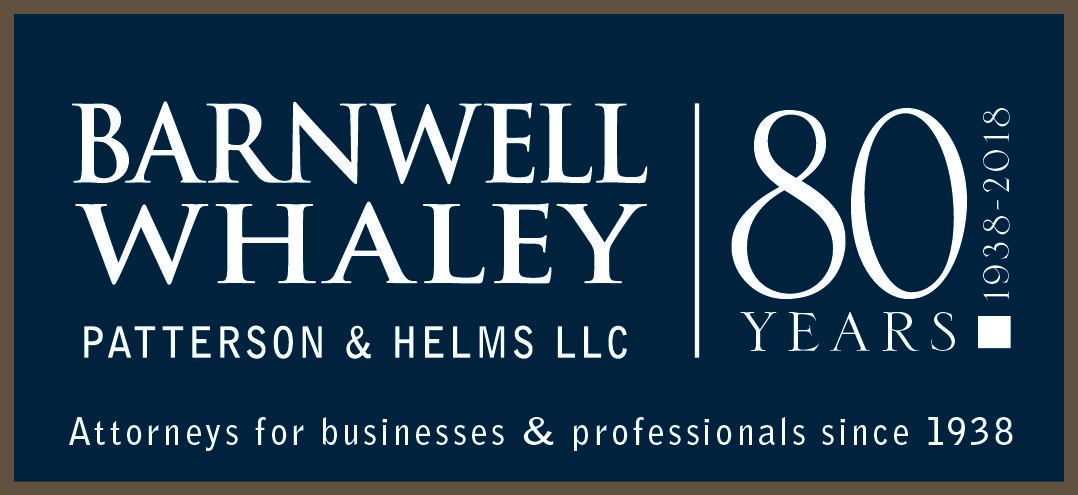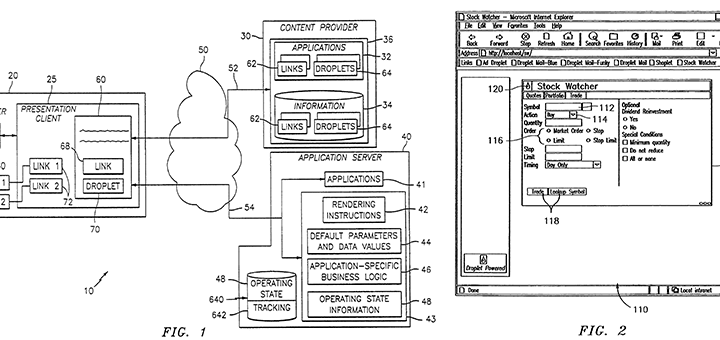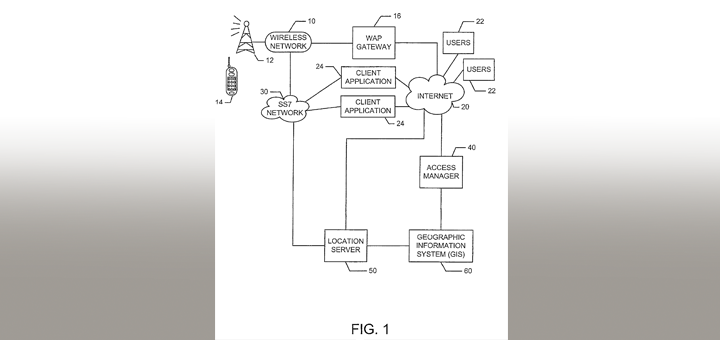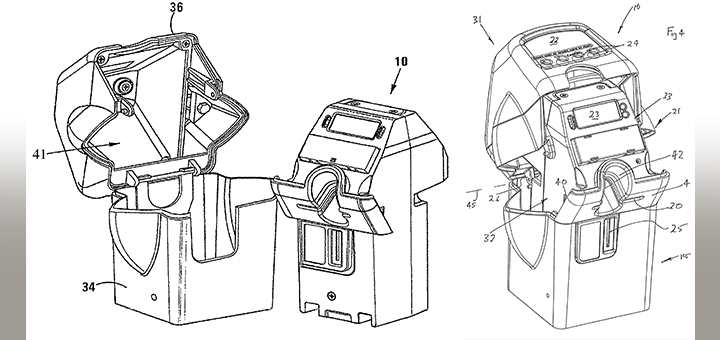
ACCELERATION BAY, LLC, Appellant v. ACTIVISION BLIZZARD INC., ELECTRONIC ARTS INC., TAKE-TWO INTERACTIVE SOFTWARE, INC., 2K SPORTS, INC., ROCKSTAR GAMES, INC.,Cross-Appellants
BUNGIE, INC., Appellee
Nos. 2017-2084, 2017-2085, 2017-2095, 2017-2096, 2017- 2097, 2017-2098, 2017-2099, 2017-2117, 2017-2118 Fed. Cir. Nov. 6, 2018
Opinion by Circuit Judge Moore with Chief Judge Prost and Circuit Judge Reyna.
Blizzard filed six inter partes review (“IPR”) petitions. Each petition covered one of three Acceleration patents, but were based principally on two different prior art references. One set of IPRs challenged claims based on a Shoubridge article alone or combined with a prior art book, and the other set of IPRs challenged claims based on a Lin article alone or combined with another reference. The Board determined that certain claims of the three patents were invalid in view of the Shoubridge article. The Board also determined that the Lin article was not a printed publication under 35 U.S.C. § 102(a). Acceleration appealed portions of the Board’s decisions, and Blizzard cross-appealed. The Federal Circuit affirmed the holdings of the Board.
Acceleration argued the Board erred by construing the term “participant” according to its plain meaning rather than ascribing a technical definition for the term. The Court found no legal error in the Board’s refusal to import detailed structural information into the term “participant” as urged by
Acceleration. According to the Court, “[n]either the claims nor the specifications define or expressly describe the term in this manner, a fact Acceleration conceded at oral argument. Acceleration next argued that certain terms appearing in the preambles to the claims are limitations because they provide structure for the remainder of the claims. Alternatively, Acceleration argued that these terms are part of the body of the claims because the claims have no transition phrase denoting a preamble.
Finding that a transition is typically part of a claim, the Court indicated that “Acceleration’s poor claim drafting will not be an excuse for it to infuse confusion into its claim scope.” The Court also found that the terms of the preamble did not “impart any structure into or serve as antecedents for
the claims at issue. Instead, they simply provide an intended use for what is otherwise a claim for a network.” Accordingly, the terms of the preamble did not limit the scope of the claims. Activision also argued the Board failed to identify a “broadcast channel” in Shoubridge. The term “broadcast
channel’ did not appear in the claims. While acknowledging that the specifications discuss a broadcast channel overlaying a network, the Court found that the “specifications do not contain the sort of precise and clear language that would warrant reading a limitation” into the claims. The
specifications indicated that “the invention is not limited except by the claims.”
the Court indicated that “Acceleration’s poor claim drafting will not be an excuse for it to infuse confusion into its claim scope.”
Blizzard argued the Board erroneously concluded that Lin is not a printed publication under 35 USC § 102(a). The Court agreed with the Board’s finding that indexing by author and year on a website did not rise to a level of being “meaningfully indexed such that an interested artisan exercising reasonable diligence would have found it.” An advanced search feature appeared to allow a user to search keywords for author, title, and abstract fields, however, “evidence demonstrated that functionality was not reliable.” Importantly, the Court cited the Board’s finding that the website “did not successfully permit keyword searching of titles.”
Blizzard argued the Board abused its discretion by failing to consider portions of an expert’s reply declaration because it constituted new evidence for its obviousness argument that could have been presented in the petition. The Court rejected Blizzard’s position citing Intelligent Bio-Sys.,
Inc. v. Illumina Cambridge Ltd., 821 F.3d 1359, 1369 (Fed. Cir.2016), which states “[i]t is of the utmost importance that petitioners in the IPR proceedings adhere to the requirement that the initial petition identify ‘with particularity’ the ‘evidence that supports the grounds for the challenge to each claim.’ 35 U.S.C. § 312(a)(3). ‘All arguments for the relief
requested in a motion must be made in the motion. A reply may only respond to arguments raised in the corresponding opposition or patent owner response.’ 37 C.F.R.§ 42.23(b).”
Read more: Federal Bar member attorneys may access the full case summary by Barnwell Whaley attorney Bill Killough in the December issue of Federal Circuit Case Digest.
Additionally, you may read the full opinion here.
Image: istock

B.C. “Bill” Killough is a registered patent attorney with Barnwell Whaley law firm with offices in Charleston, SC and Wilmington, NC. On behalf of his clients, Bill has obtained more than 300 United States patents, participated in prosecuting more than 100 foreign patent applications and he has filed more than 1000 trademark applications with the US Patent and Trademark Offices.




